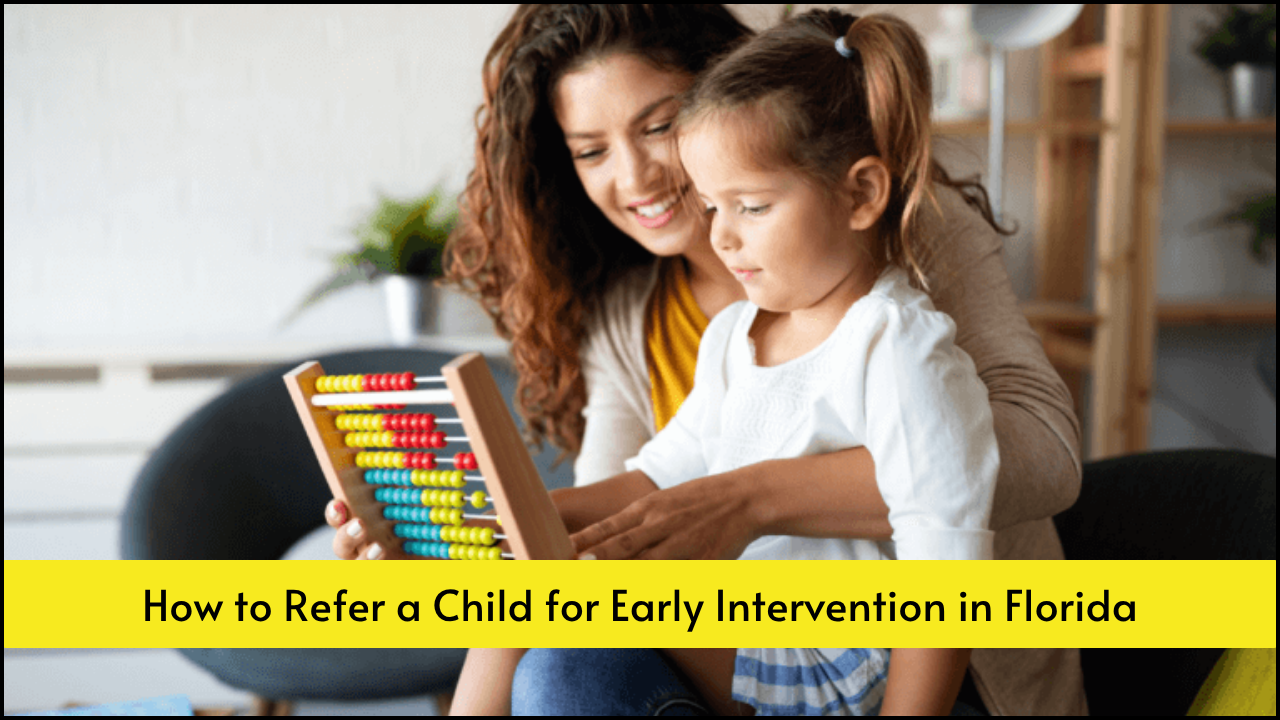Every child experiences growth in their unique way, but the earliest years are universally critical. Research underscores that the first three years of life form the foundation for learning, development, and future success. Florida’s Early Steps Program focuses on these pivotal years by offering targeted support to infants and toddlers with developmental delays, disabilities, or conditions placing them at risk. This initiative not only assists children but also equips families to actively participate in their child’s development through supportive, professional services at no cost.
Core Mission and Scope of Early Steps
- Early Identification of Needs
- Detection of developmental concerns as early as infancy.
- Focus on social, emotional, cognitive, and physical development.
- Family-Centered Approach
- Integration of family goals into service planning.
- Respect for cultural and individual family values and needs.
- No-Cost Intervention
- Services are provided regardless of family income.
- The majority of support takes place in the child’s natural environment (home or community).
Eligibility Criteria
Early Steps operates under clear and inclusive eligibility guidelines, focusing on children from birth to 36 months who present one or more of the following:
- Confirmed or suspected developmental delays
- Diagnosed disabilities
- Conditions that place the child at risk for delays
Key Services Provided by Early Steps
Florida Early Steps provides a comprehensive range of individualized services. These services are collaborative, child-centered, and delivered in familiar settings to maximize developmental benefits.
| Service Type | Description |
|---|---|
| Developmental Monitoring, Screening, and Evaluation | Identification of developmental issues using validated tools and strategies. |
| Professional Support and Service Coordination | Assignment of a Family Service Coordinator to guide and connect families. |
| Individualized Early Intervention Sessions | Custom-designed activities to support a child’s developmental milestones. |
| Occupational, Physical, and Speech Therapies | Support in motor skills, daily functioning, and communication. |
| Hearing and Vision Services | Identification and support for sensory impairments. |
| Assistive Technologies | Tools and equipment that help children participate more fully in daily life. |
Individualized Family Service Plan (IFSP)
Every child enrolled in Early Steps receives an Individualized Family Service Plan (IFSP), which is created with input from both the family and professionals.
- Personalized Goals based on family priorities.
- Timelines and Benchmarks to track progress.
- Natural Environment Integration ensures the child’s skills are practiced in meaningful settings.
Benefits of Early Intervention
| Area of Development | Impact of Early Steps Intervention |
|---|---|
| Cognitive Development | Improved problem-solving, memory, and learning capabilities. |
| Motor Skills | Enhanced coordination, movement, and posture through therapies and exercises. |
| Communication | Strengthened speech, language, and non-verbal communication abilities. |
| Social-Emotional | Support in building relationships, emotional regulation, and adaptive behavior. |
| Self-Help Skills | Encouragement of age-appropriate independence in eating, dressing, and hygiene. |
Team-Based Approach to Support
Early Steps brings together a multidisciplinary team to guide the child’s developmental journey.
- Therapists provide direct intervention and parent training.
- Service Coordinators act as a central contact for families.
- Medical Professionals contribute specialized insights when needed.
- Family Members are recognized as the primary influencers in a child’s life.
In-Home and Community-Based Services
- Home Visits ensure convenience and comfort.
- Integration into Play and Routines allows learning in familiar contexts.
- Daily Activities Used as Teaching Moments (e.g., mealtime, bath time, park visits).
How Early Steps Empowers Families
- Education and Training enable parents to implement developmental strategies.
- Regular Feedback and Communication ensure families are always informed.
- Respectful and Culturally Sensitive Practices promote trust and engagement.
Research-Driven Foundations
- Brain Development Science supports early intervention’s timing and importance.
- Consistent Adult Interaction is shown to boost emotional security and learning.
- Holistic Development Focus prepares children for school readiness and lifelong success.
Referral and Enrollment Process
| Step | Details |
|---|---|
| Contact Local Early Steps Office | Referrals can be made by parents, doctors, or community agencies. |
| Initial Intake Interview | Collection of family and developmental history. |
| Developmental Screening | Use of age-appropriate tools to assess areas of concern. |
| Eligibility Determination | Based on assessment results and diagnostic criteria. |
| IFSP Development and Service Delivery | Creation and execution of a customized plan with the family. |
Program Values and Principles
- Inclusivity – All children deserve support, regardless of background.
- Accessibility – Services available statewide without income-based limitations.
- Empowerment – Families are given tools and guidance to foster their child’s progress.
- Partnership – Collaborative work between professionals and families strengthens outcomes.
Common Conditions Addressed
| Condition | Support Offered by Early Steps |
|---|---|
| Autism Spectrum Disorder | Behavioral therapy, communication skills training, and parental coaching. |
| Cerebral Palsy | Physical therapy, assistive devices, and mobility support. |
| Down Syndrome | Speech and occupational therapies, early learning strategies. |
| Hearing Impairment | Audiology services, hearing aids, and communication training. |
| Speech Delay | Speech-language therapy and home communication techniques. |
Parental Involvement in the Program
- Regular Review of Progress
- Goal Setting in Collaboration with Providers
- Active Participation in Sessions
- Ongoing Learning about Child Development
Contact and Support Details
- Local Early Steps Offices are located across Florida.
- The Program Directory is available through the Florida Health Department.
- Resources for Families include handbooks, online materials, and support groups.
Future Implications
Early identification and support can dramatically alter the trajectory of a child’s development. Florida’s Early Steps Program offers a compassionate and scientifically informed approach to help children with developmental needs thrive during their most critical years. Empowering families, customizing services, and integrating care into everyday environments make this program a cornerstone of early childhood support in Florida.
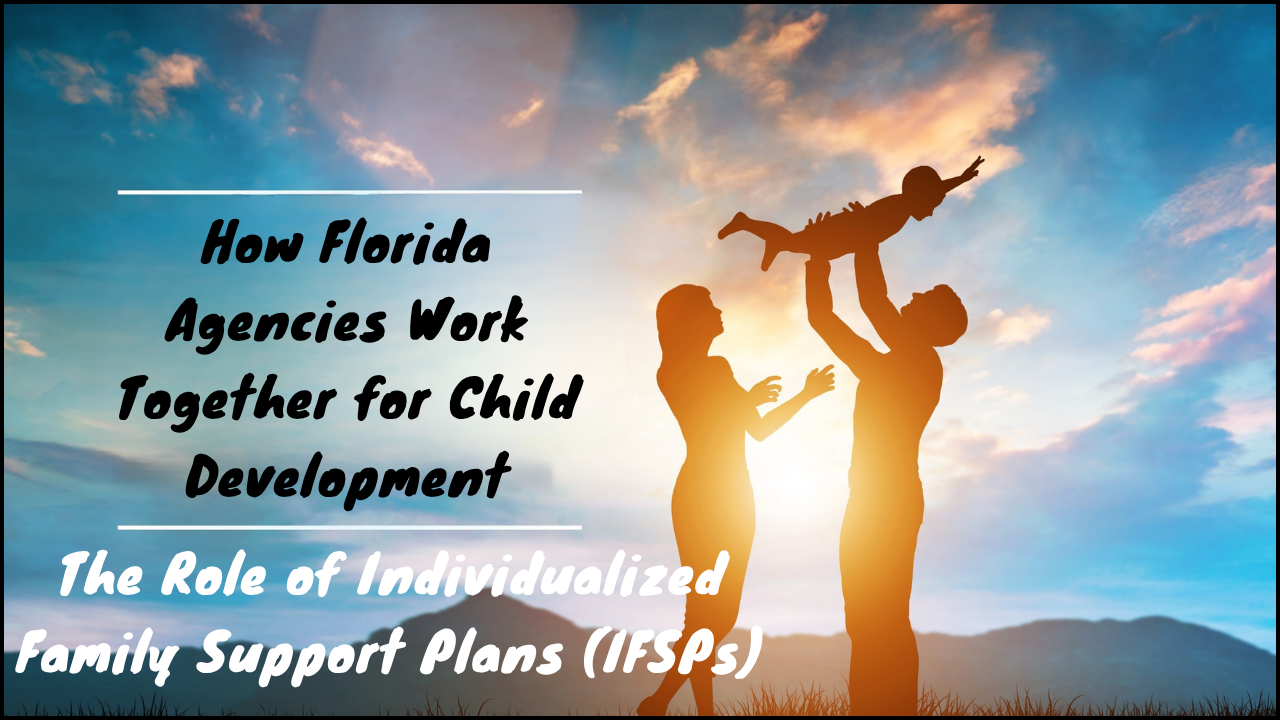
How Florida Agencies Work Together for Child Development, The Role of Individualized Family Support Plans (IFSPs)
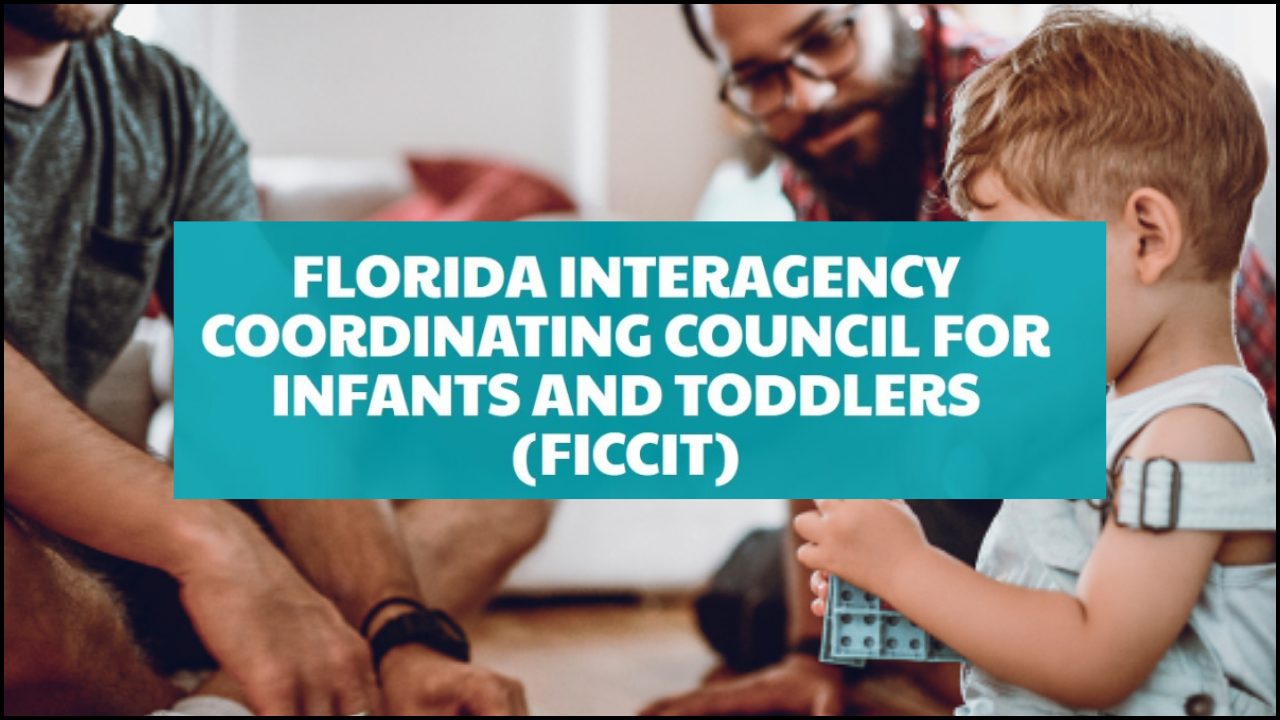
Florida Interagency Coordinating Council for Infants and Toddlers (FICCIT)

The Power of Peer Support for Parents of Children with Delays
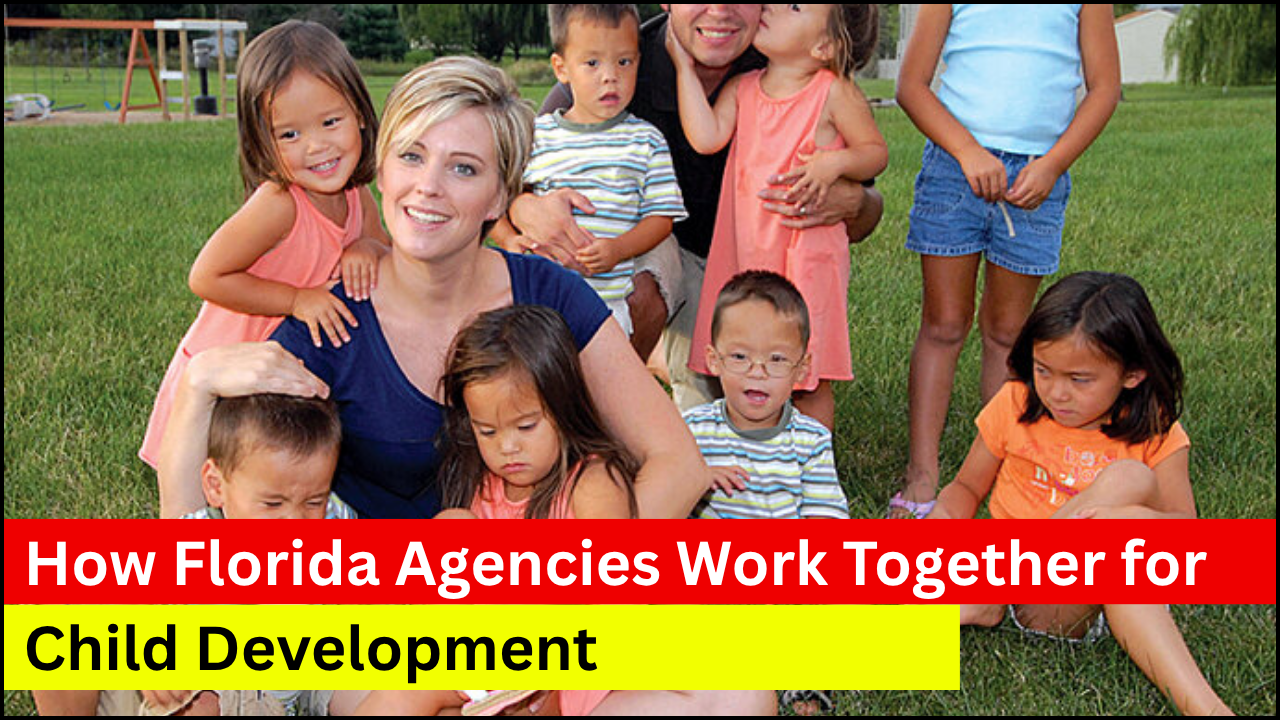
How Florida Agencies Work Together for Child Development
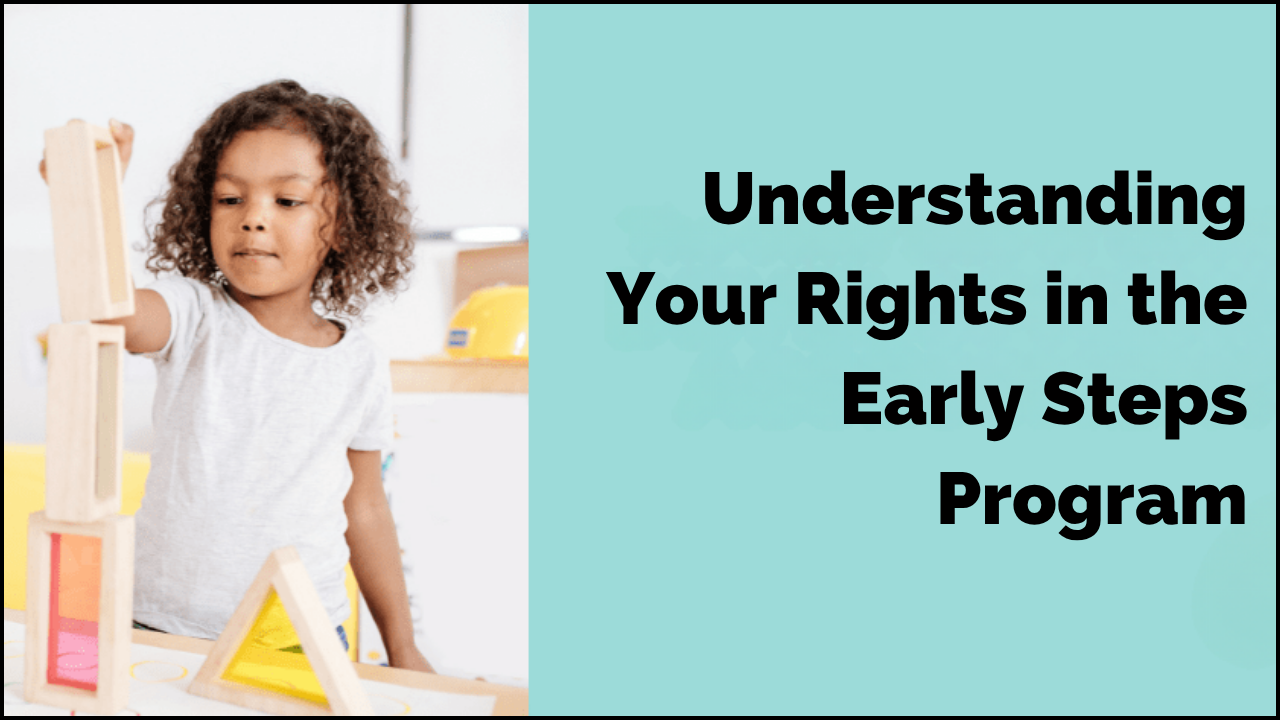
Understanding Your Rights in the Early Steps Program
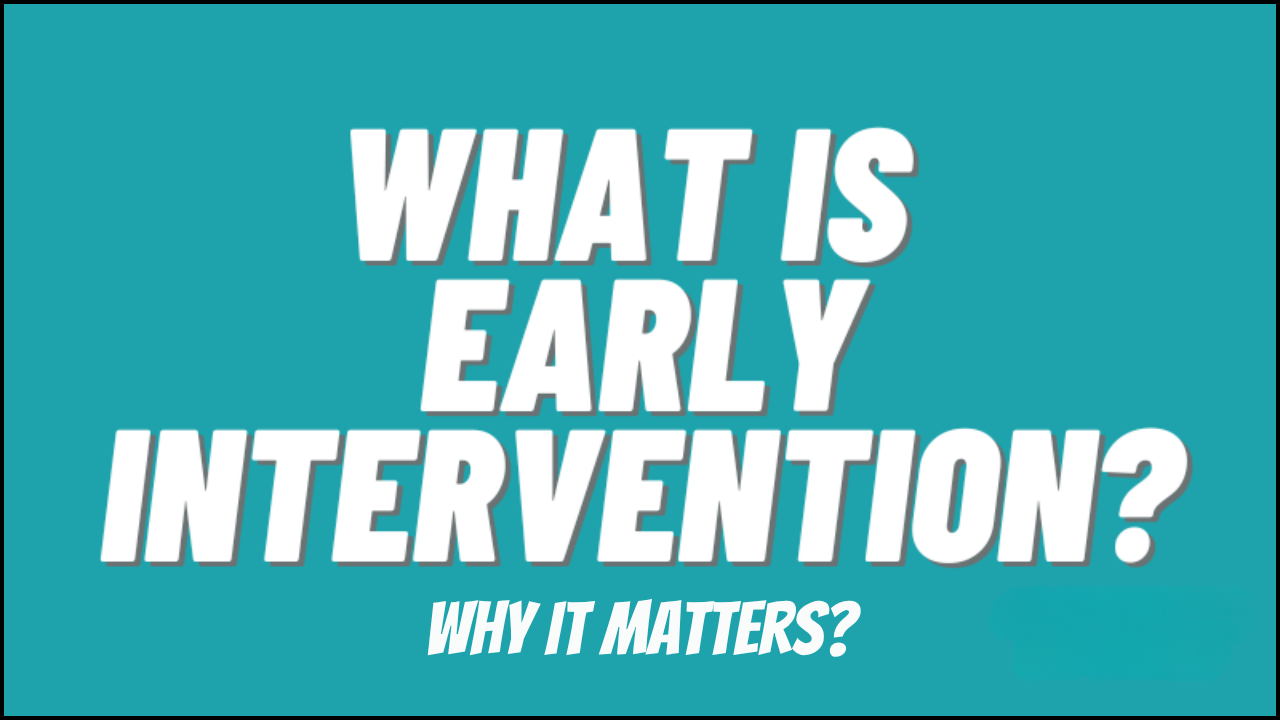
What Is Early Intervention and Why It Matters?

Florida Early Steps Program Policies and Guidance, An Overview
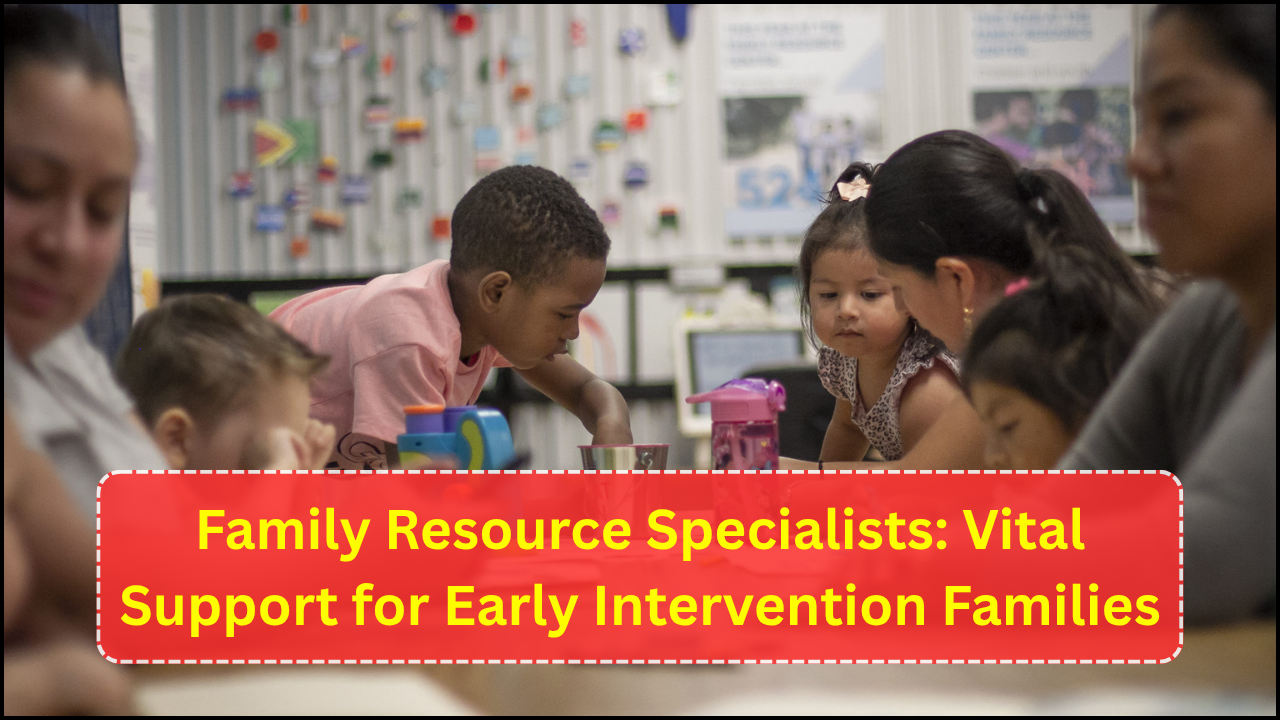
Family Resource Specialists, Vital Support for Early Intervention Families
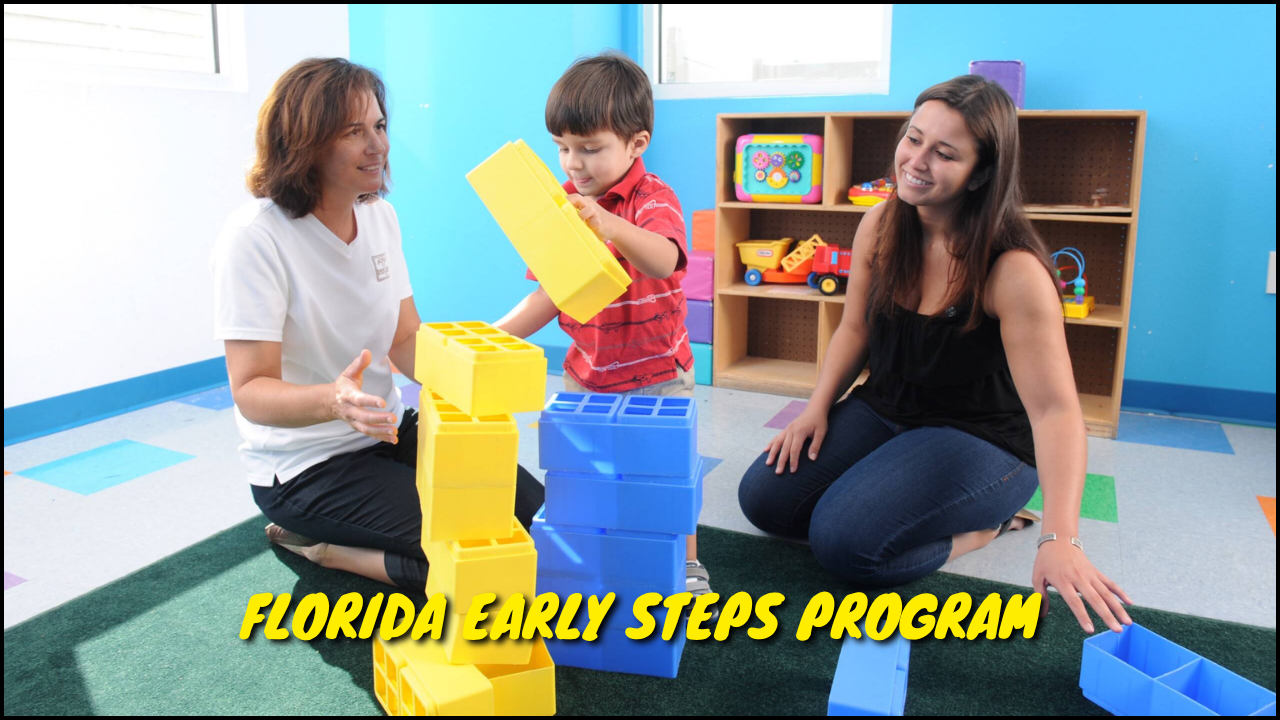
Florida Early Steps Program, Performance and Accountability Overview
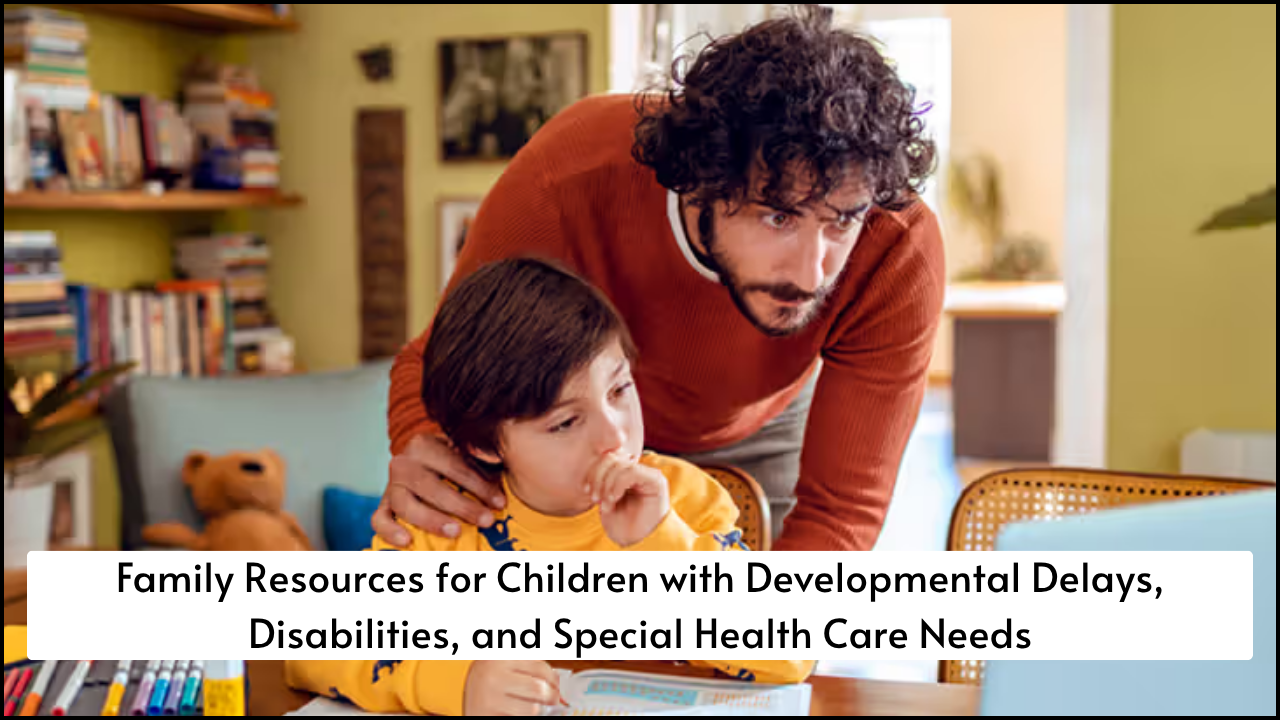
Family Resources for Children with Developmental Delays, Disabilities, and Special Health Care Needs
